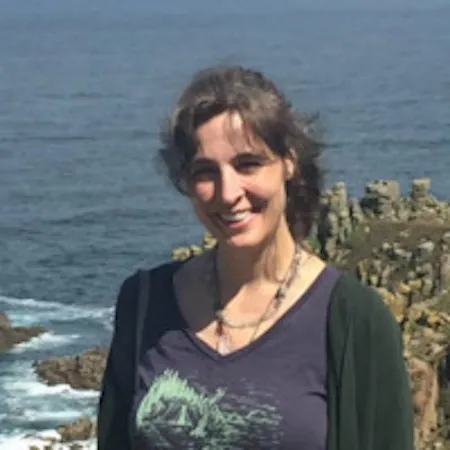We examine carbon trade imbalances among 172 countries over a 10-year period (2000–2010). A carbon trade imbalance refers to the extent to which the carbon emissions embodied in a country’s exports exceeds the emissions embodied in its imports. Although past research has considered how such balances coincide with variances in wealth and/or trade patterns, none have considered how such balances arise in the context of an evolving network structure. In this seminar, Dr. Christina Prell will consider trade networks and carbon trade imbalances as co-evolving phenomena and will study these using an innovative combination of multi-regional input-output (MRIO) analysis with stochastic actor-oriented models (SAOMs). The findings both challenge and support arguments made by Ecological Unequal Exchange theory and the Gravity Model, and highlight the role emerging economies play in shaping network structure and the distribution of carbon trade imbalances overtime.
Presenters

Christina Prell
Dr. Christina Prell's research focuses on the intersection of social networks and the environment. On a more local or regional scale, her work considers the role of social networks in shaping and/or diffusing views, values, and/or cultural beliefs about the environment and natural resource management. On a global scale, she considers how the structure of global trade networks drive and/or co-evolve with a number of environmental inequalities, chief among these being between-country differences in pollution, as embodied in trade. On an undergraduate level, Christina has taught courses on...

Christina Prell
Dr. Christina Prell's research focuses on the intersection of social networks and the environment. On a more local or regional scale, her work considers the role of social networks in shaping and/or diffusing views, values, and/or cultural beliefs about the environment and natural resource management. On a global scale, she considers how the structure of global trade networks drive and/or co-evolve with a number of environmental inequalities, chief among these being between-country differences in pollution, as embodied in trade. On an undergraduate level, Christina has taught courses on research methods and the social perspectives pertaining to the environment and/or coupled human-natural systems; on the graduate level, she has taught courses on social network analysis, research methods, and coupled systems.